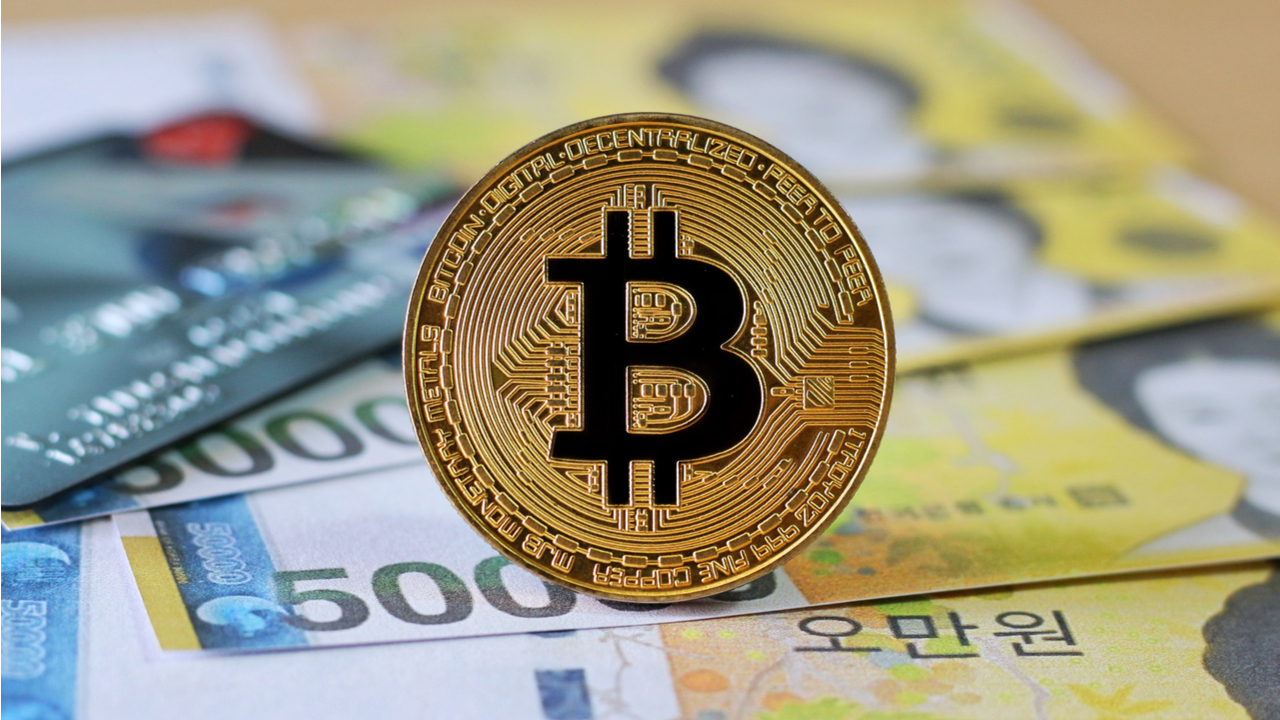
Cryptocurrency exchanges in South Korea have until midnight on Friday to register with financial authorities in order to continue operating legally. Only 10 digital asset trading platforms have already submitted their documents to the Korean anti-money laundering body.
Compliance Deadline for New Korean Crypto Regulations Expires Friday
Registering with Korea’s Financial Intelligence Unit (FIU) is a key requirement for both local and foreign crypto exchanges providing services to Korean investors under the tougher new regulations coming into force after Sept. 24. A total of 10 out of dozens of coin trading platforms have so far filed applications with FIU, the anti-money laundering division of the Financial Services Commission (FSC). The group includes Upbit, Bithumb, Coinone, Korbit, and Flybit, Yonhap reported, quoting the body on Friday.

South Korea’s revised Special Funds Act, which introduces the stricter rules, took effect on March 25 and will be enforced now, after a six-month grace period. According to its provisions, digital asset exchanges also need to obtain an Information Security Management System (ISMS) certificate from the Korea Internet and Security Agency. Financial officials have announced that 28 out of 66 exchanges have acquired the certificate up to this point.
Cryptocurrency exchanges are also required to partner with domestic banks on the issuance of real-name bank accounts. If they don’t do that, they will not be able to offer trading pairs with Korean fiat currency. Only the top four platforms – Bithumb, Upbit, Coinone, and Korbit – have secured real-name account deals with commercial banks as the financial institutions fear exposure to crypto-related risks like money laundering.
Mid-size exchanges such as Flybit, Coredax, and Foblgate are suspending Korean won pairs, the report notes. While the exact turnover on these and smaller platforms is hard to estimate, market observers quoted by the Korea Herald have said that they account for between 5% and 7% of the total amount of cryptocurrency traded in the Korean market. In light of the upcoming regulations, some exchanges have also delisted certain “high-risk” coins.
As Bitcoin.com News reported earlier this week, around 60 cryptocurrency exchanges are expected to discontinue all or some of their services targeting Korean investors. At the time, only Korea’s largest crypto trading platform, Upbit, had been licensed to conduct business in the country after the Financial Intelligence Unit accepted and reviewed the report filed by its operator, Dunamu Inc.
Cryptocurrency exchanges that don’t submit the necessary documents such as a written intent to do business by the end of the day will be forced to close down, the national public broadcaster KBS reported, quoting the FSC. Operators that fail to comply with the new rules but continue their activities without a license face up to five years in prison or fines of up to 50 million won (over $42,000).
Do you think more cryptocurrency exchanges will be able to meet the new Korean regulatory requirements in the future? Share your expectations in the comments section below.
from Bitcoin News https://ift.tt/3u8Xlrq
Comments
Post a Comment